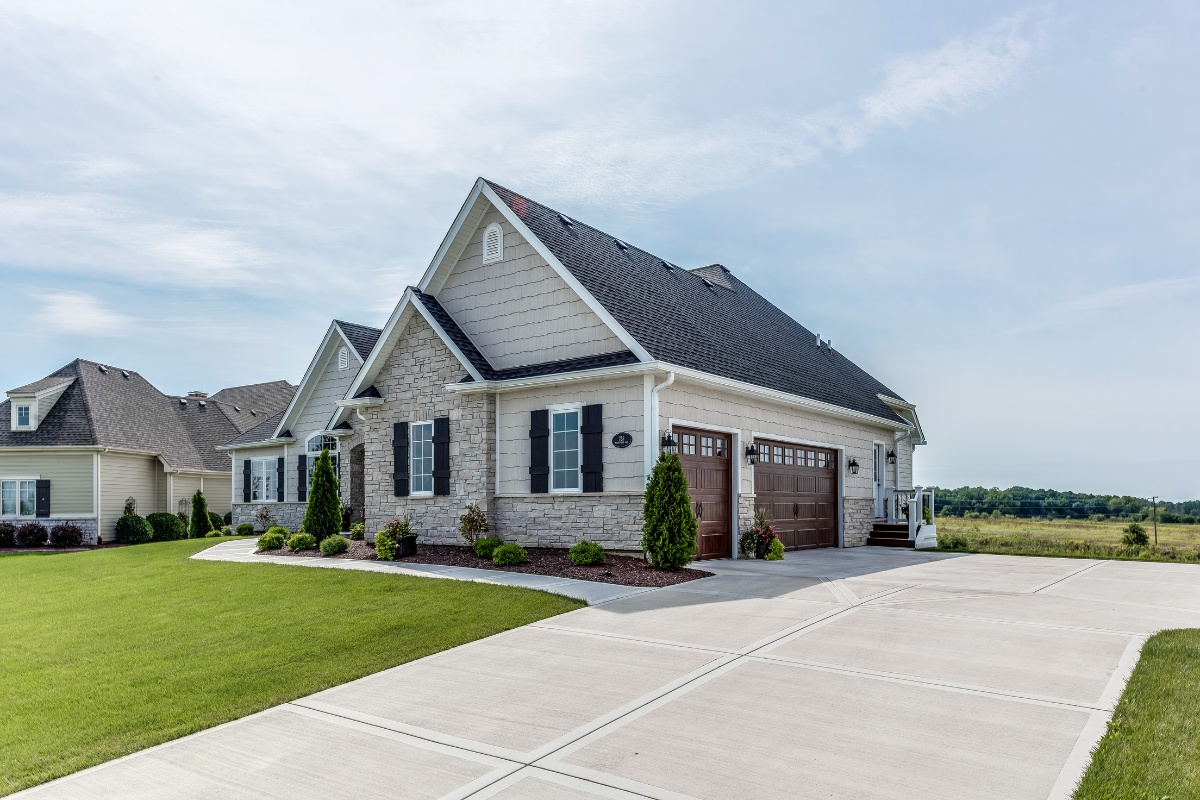In real estate, there’s a reason why “location, location, location” remains a guiding principle. The location of a property can impact its value, lifestyle, and long-term investment potential. Here’s a breakdown of why location is still one of the most crucial aspects of buying a home, with an examination of the pros and cons to help you make an informed decision.
1. Pro: Access to Good Schools
- Benefit: Homes near top-rated schools tend to hold their value well, as families prioritize education quality. A highly-rated school district can significantly increase the demand for homes, leading to stable or even rising property values.
- Consideration: School district quality can fluctuate over time, and neighborhoods near excellent schools often come with a premium price. For buyers without children or those who don’t plan to stay long-term, this factor might be less relevant.
2. Pro: Proximity to Amenities
- Benefit: Living near amenities like grocery stores, restaurants, shopping, and parks makes daily life convenient and often enhances quality of life. Homes in areas with popular amenities tend to have higher resale value, as accessibility remains a top priority for many buyers.
- Consideration: The downside is that properties in high-demand areas near popular amenities can be more expensive. Additionally, proximity to busy spots can mean higher traffic, noise, and a less peaceful living environment.
3. Pro: Short Commute Times
- Benefit: Properties close to employment centers or with easy access to public transportation are highly desirable. A shorter commute can reduce stress, save time, and lower transportation costs.
- Consideration: Homes in urban centers with short commute times are often more expensive. If you work remotely or have flexibility in your commute, you might be able to find more affordable options farther from the city center.
4. Pro: Community and Neighborhood Quality
- Benefit: The surrounding neighborhood can add or detract significantly from a property’s appeal. Safe neighborhoods with well-maintained homes, friendly neighbors, and strong community engagement tend to hold value over time.
- Consideration: Finding a neighborhood that feels like “home” is subjective. What’s ideal for one family may not be perfect for another. A lively urban area might appeal to some, while others prefer the tranquility of suburban life.
5. Pro: Scenic Views and Natural Beauty
- Benefit: Homes with scenic views—whether of mountains, water, or green spaces—often have a higher market value. Natural beauty can create a peaceful environment, making the property more enjoyable and valuable.
- Consideration: While views can be a huge asset, properties with beautiful scenery can also come with higher price tags and, in some cases, more upkeep (e.g., hillside properties). Additionally, development can obstruct views, so it’s essential to check zoning and construction plans in the area.
6. Con: Changing Neighborhood Trends
- Challenge: As neighborhoods grow and develop, their character and value can shift. Gentrification, new developments, or changes in public policy can alter the appeal of an area over time.
- Advice: Research neighborhood trends before buying. Look into planned developments or infrastructure projects that could impact the area’s long-term appeal. A local real estate agent can help you assess the area’s growth trajectory.
7. Con: Potential for Natural Disasters
- Challenge: Homes in scenic or desirable locations can sometimes face environmental risks. Properties near coastlines, for example, might be prone to hurricanes or flooding, while homes near forests may face wildfire risks.
- Advice: If you’re considering a property in a risk-prone area, explore insurance options and mitigation measures. Understand the risks, associated costs, and safeguards you’ll need to protect your investment.
8. Con: Market Volatility in High-Demand Areas
- Challenge: High-demand locations, such as major metropolitan areas or popular suburbs, are more likely to experience market fluctuations. During economic downturns, property values in these areas may drop more significantly than in stable, moderate-demand areas.
- Advice: Work with a real estate professional to assess the volatility of the area. High-demand locations can be lucrative investments, but it’s essential to understand how they respond to economic changes.
The Bottom Line
Location remains a key factor in real estate because it affects everything from property value to quality of life. Understanding both the advantages and potential downsides of a location will help you choose a property that suits your lifestyle and financial goals. When in doubt, consulting a knowledgeable real estate agent can help you make the most of location’s potential, balancing your personal preferences with smart investment choices.

